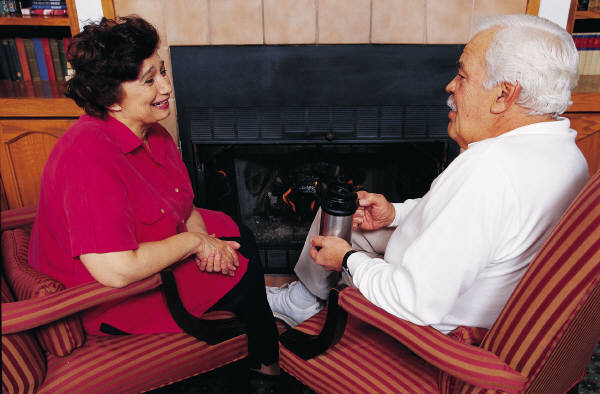
Elder planning deals with protecting assets while you’re still alive and perhaps unable to make good decisions. Having someone who is suffering from Alzheimer’s and unable to make decisions is like a living death, for all parties.
Much of our planning is done for the unknown. We don’t know what lies ahead, so having a plan in place is one way of easing the stress of not knowing what the future holds.
In a recent Forbes article titled “Staring Down The Barrel Of A Gun: When Alzheimer’s Strikes,” the couple featured in the article did save a solid amount of assets for retirement, but they didn’t consider the need for long-term care and how it would impact their wealth.
Pam was worried about her financial assets and whether they were properly managed; this became her goal, despite all of the issues with her husband’s diagnosis.
The most important first step was to call an elder care attorney who specializes in setting up a framework to protect her from what was potentially a financial nightmare. An elder care attorney is engaged to protect your assets using legal strategies that are available when an individual needs long-term care or has special needs.
In this story, without the help of an elder care attorney, the wife would be without the funds necessary to care for her husband.
These types of stories are common and tragic—blended families have numerous challenges and those should be discussed while everyone is still healthy and able to make decisions. That means you need to consider both estate and elder planning.
Estate planning allows a person to specify his or her wishes for how their assets are to be distributed after their death. Elder planning deals with protecting assets while you’re still living and possibly unable to make sound decisions.
Reference: Forbes (April 1, 2014) “Staring Down The Barrel Of A Gun: When Alzheimer’s Strikes“











